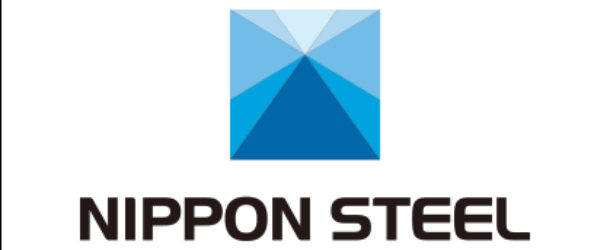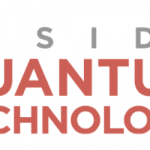Honeywell and CQC Work with Nippon Steel to Test & Try Quantum Algorithms that Boost Efficiencies in Steel Supply Chain.

(ZDNet) Nippon Steel has partnered with Cambridge Quantum Computing (CQC) and Honeywell to find out whether quantum computers have the potential to boost efficiencies in the supply chain.
After over a year of testing and trying new algorithms, the company has concluded that, despite the current hardware limitations of quantum computers, the technology holds a lot of promise when it comes to optimizing complex problems.
“The results Nippon Steel and Cambridge Quantum Computing were able to achieve indicate that quantum computing will be a powerful tool for companies seeking a competitive advantage,” said Tony Uttley, the president of Honeywell Quantum Solutions.
Millions of tons of material are at stake for Nippon Steel. Finding the best equation to make sure that the right products are in the right place and at the right time is key to delivering orders as efficiently as possible.
Toss in strict deadlines, and it is easy to see why industry leaders are looking for the most advanced tools possible to model and optimize the whole system, and at the same time reduce operating costs.
For this reason, the use of pen and paper has long been replaced by sophisticated software services, and Nippon Steel has been a long-time investor in advanced computing.
“Scheduling at our steel plants is one of the biggest logistical challenges we face, and we are always looking for ways to streamline and improve operations in this area,” said Koji Hirano, chief researcher at Nippon Steel.
To do so, CQC and Nippon Steel’s corporate research teams focused on formulating a small-scale problem, which, although it does not bring significant value to Nippon Steel, can be resolved using today’s nascent quantum hardware.
The researchers developed a quantum algorithm for this “representative” problem and ran it on Honeywell’s System Model H1 – the latest iteration of the company’s trapped-ion quantum computing hardware. After only a few steps, say the scientists, the System Model H1 was able to find an optimal solution.
“The results are encouraging for scaling up this problem to larger instances,” said Mehdi Bozzo Rey, the head of business development at CQC. “This experiment showcases the capabilities of the System Model H1 paired with modern quantum algorithms and how promising this emerging technology really is.”
The results from Nippon Steel are the first to emerge following the announcement of a partnership between Honeywell and CQC earlier this month.
Honeywell Quantum Solutions And Cambridge Quantum Computing Will Combine; Read IQT Research Statement



















